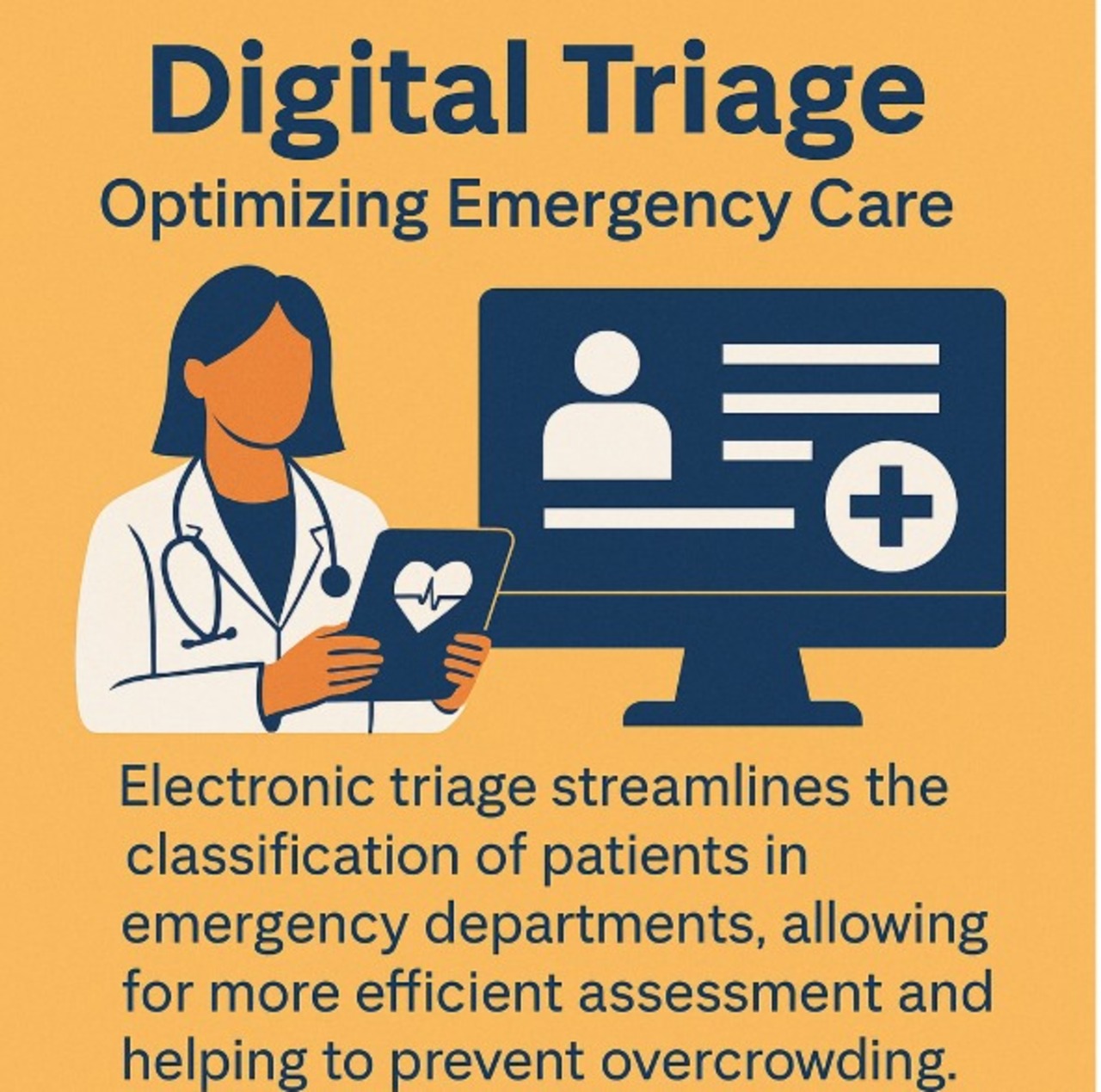
¿Why Has Cancer Increased Among Young People?
In recent decades, the medical community has observed a worrying increase in the incidence of certain types of cancer in younger individuals.
The Rising Cancer Rates Among Young People: A Growing Concern

Over the past few decades, the medical community has observed a troubling increase in the incidence of certain types of cancer in individuals under 50, particularly in those aged 15 to 40. This phenomenon, which primarily affects cancers such as colorectal and breast cancer, raises questions about its causes and presents significant public health challenges on a global scale.
Increase in Incidence
Recent studies indicate that since the 1990s, the rate of colorectal cancer has more than doubled in adults under 50. This increase is particularly noticeable in countries such as the United States, Canada, New Zealand, and some regions of Europe and Asia. Although colorectal cancer has traditionally been more common in older individuals, this rising trend among younger people is alarming.
Similarly, breast cancer, while more frequent in older women, has shown a significant increase in women under 40. A published study revealed that breast cancer rates have risen considerably in this age group.
Possible Contributing Factors
Although the exact causes of this increase are still under investigation, experts have identified several potential contributing factors:
Lifestyle and Diet: The increased consumption of ultra-processed foods, diets high in red and processed meats, and insufficient intake of fruits and vegetables may elevate the risk of developing digestive cancers.
Obesity and Sedentary Lifestyle: The growing prevalence of obesity and physical inactivity among young people are known risk factors for various types of cancer, including colorectal and breast cancer.
Genetic and Hereditary Factors: While they represent a minority of cases, certain hereditary genetic mutations, such as those associated with Lynch syndrome, can increase the risk of colorectal cancer in young adults.
Gut Microbiota: Research suggests that alterations in gut flora may influence the development of digestive cancers in younger individuals.
Challenges and Responses from the Medical Community
The increase in cancer cases among young people presents significant challenges. Traditionally, screening and prevention strategies have focused on older populations, which could lead to delayed diagnoses in younger patients. Additionally, symptoms in these age groups are often attributed to less serious conditions, further delaying diagnosis.
In response, medical and research organizations are advocating for greater awareness of this issue. The importance of educating the public on modifiable risk factors, promoting healthy lifestyles, and adapting screening guidelines to include younger populations where appropriate is being emphasized.
As research progresses, it is crucial for both the medical community and the general public to recognize this emerging trend. Early detection, prevention, and ongoing research are essential to effectively address the mystery of cancer in younger individuals.











LEAVE A COMMENT: